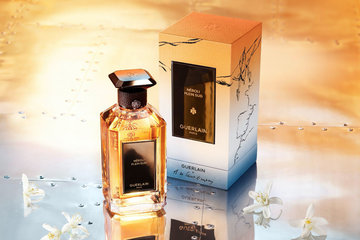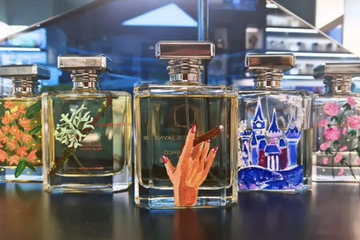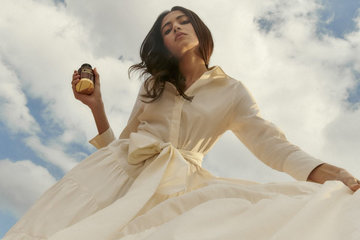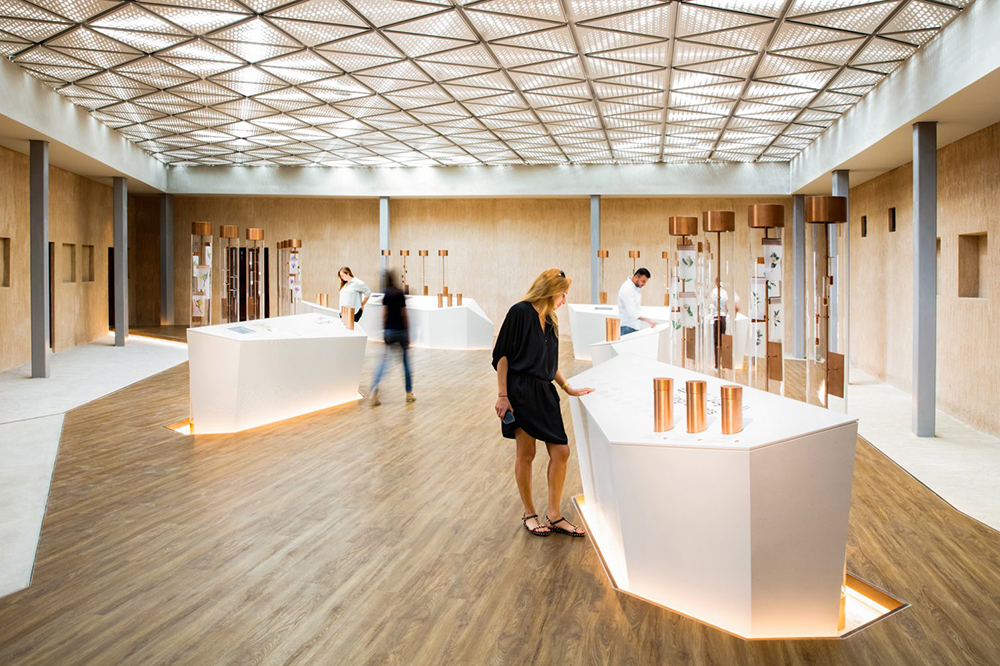
Scents and perfumes have always been an important part of Arab tradition and culture, to the point where luxury fashion, beauty and perfume brands collections tailor scents exclusively for the Middle East market.
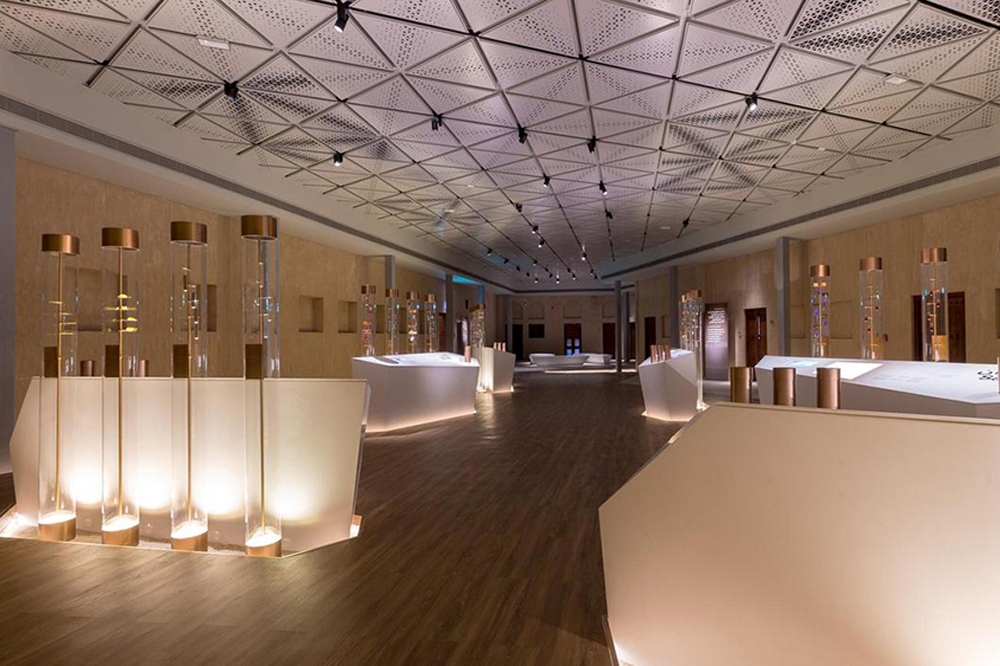
According to ancient Arab history, stories are told of how queens of ancient Arabia would impress kings by gifting them with oils scented with frankincense and myrrh. Not only did the sentiment and allure of scent become a phenomenon in ancient times but it also bought with it a large amount of wealth, passing from Yemeni kingdoms via one of the oldest settlements in Saudi Arabia, Tabuk, through Tayma, all the way to other parts of the world between the 3rd millennium BCE to the first century CE.
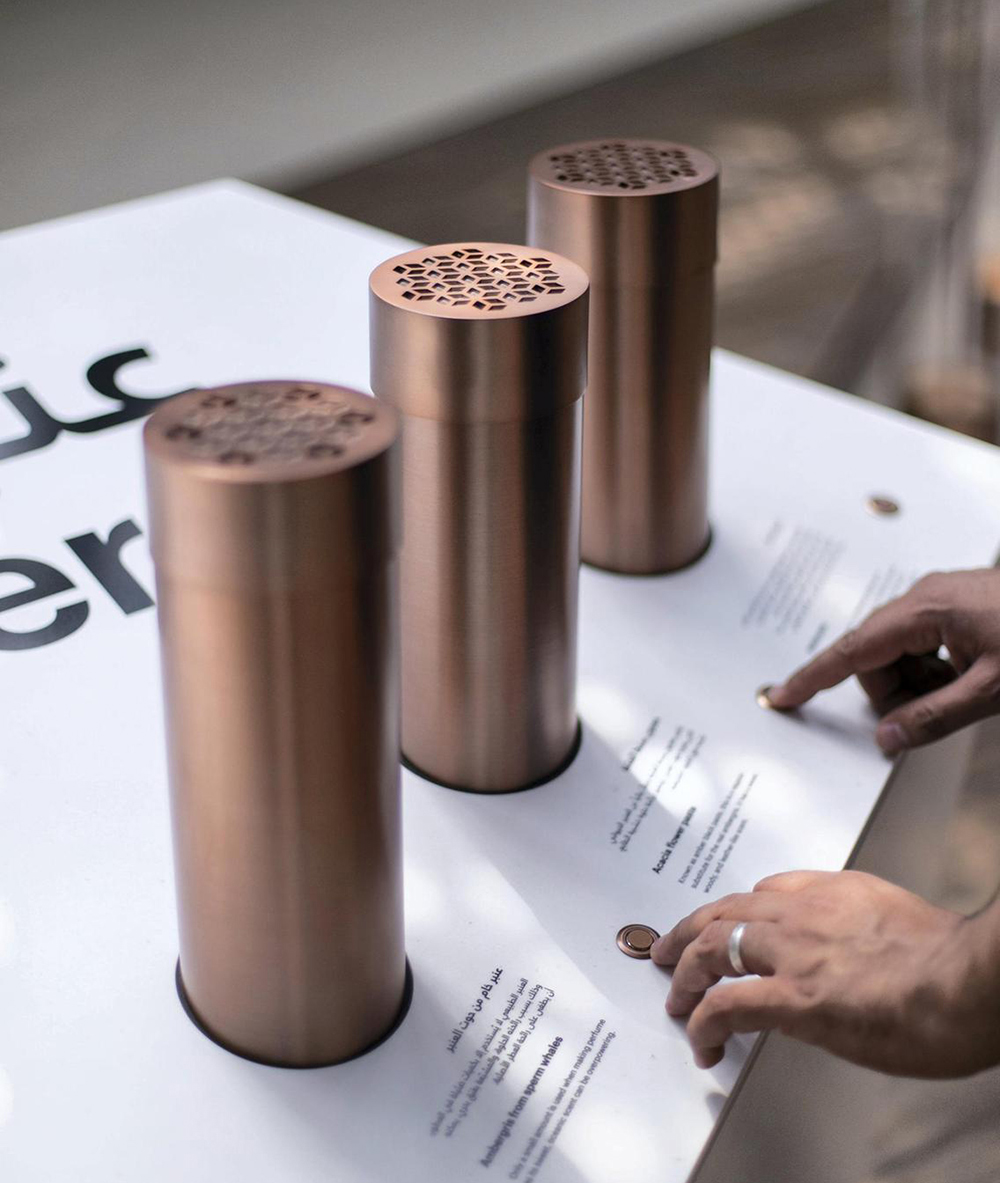
The vast volumes of perfumes, spices and incense imported and exported within the last millennium BCE contributed to the fact that the Arabian Peninsula became a nucleus for trading between the eastern and western regions of the world.
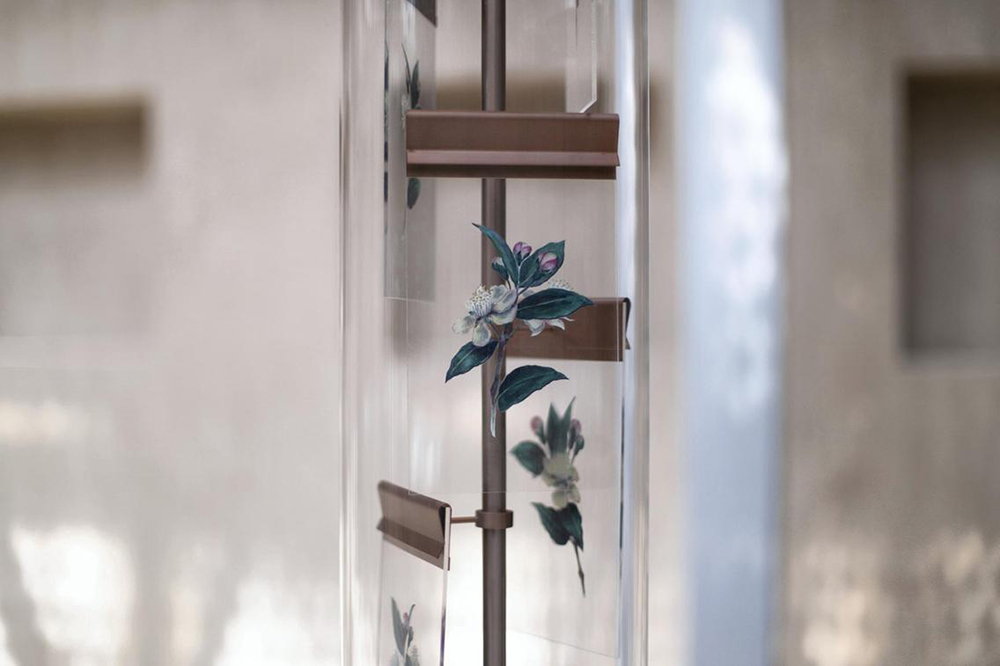
Now in 2019, Perfume House in Dubai, located at the Shindagha Museum, gives visitors the opportunity to travel back in time to ancient Arabia to follow the fragrant route and history of how traditional oils, perfumes and incense were made. Visitors also get to experience the ingredients used, including Dihn Al Oud, saffron and Damascene roses, along with ingredients used in present times.
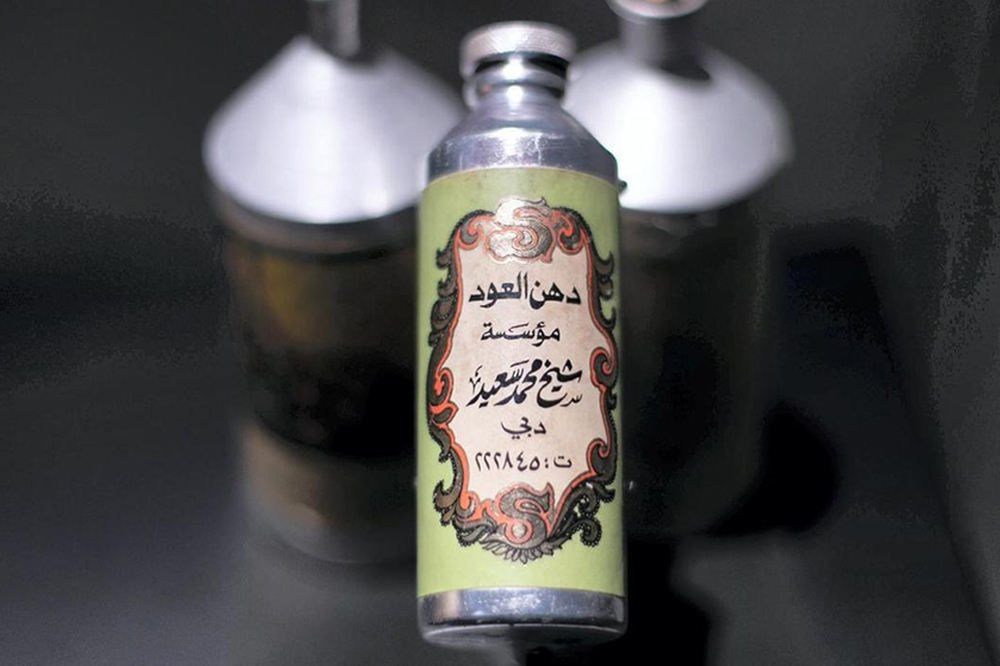
Situated inside the previous home of the now deceased, perfume connoisseur, Sheikha Sheikha bint Saeed Al Maktoum, Perfume House carries much of the late royal’s personal collections of scents, including a rare 28kg piece of oud, which is one of the most expensive pieces on display at the museum and a raw ingredient, alongside unique perfume applicators which she had donated to the museum. Not only was the Sheikha an avid collector of beautiful traditional perfumes, she also had a great passion for them and even wrote some poetry dedicated to the art of perfume.
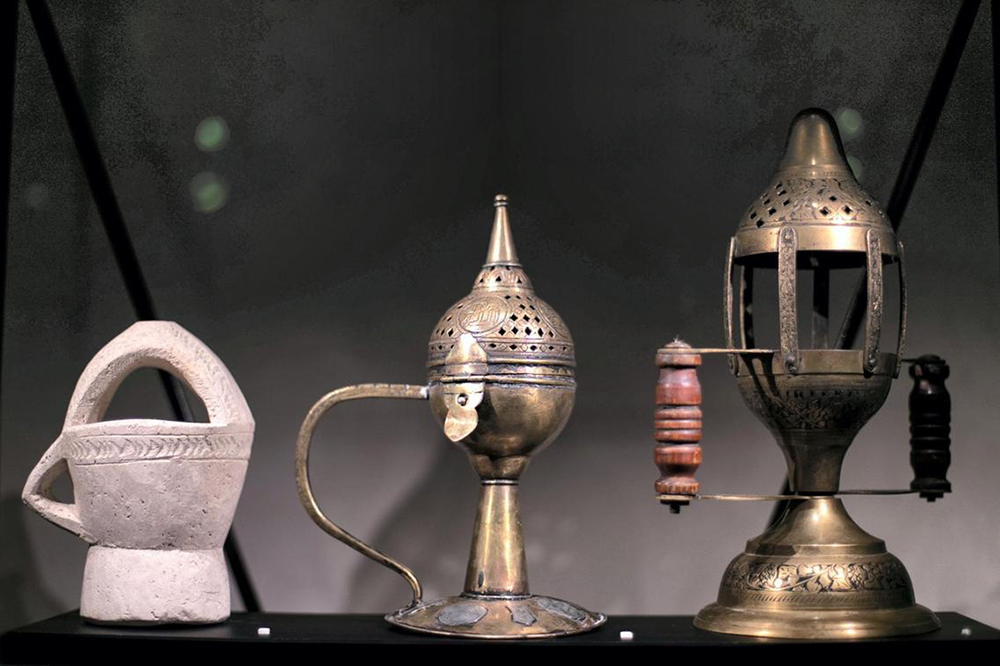
Shatha Al Mulla, head of research and studies at the Architectural Heritage of Dubai Municipality, told Arab News, “Her knowledge of the art of perfume and its history is now preserved here for all generations to learn from.” Speaking about Perfume House, she also stated, “One of the things you learn here is the amount of effort and time it takes to make a single small bottle of perfume. It is truly an art of balance, of creativity, and patience. We each have a specific memory of different fragrances. That’s why perfume remains a very personal ritual for each of us.”
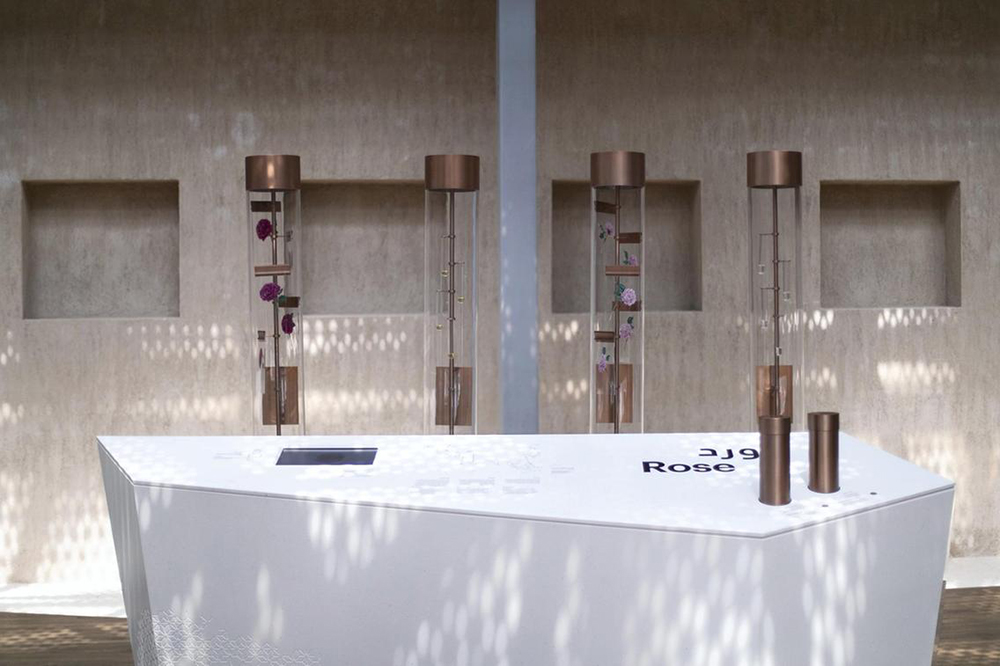
The exciting 5-hall tour, each with a different educational theme dedicated to perfume, is open daily to the public at The Perfume House, Al-Shindagha Museum, Dubai and is just 15AED for adults, 10AED for children and free for children under the age of 5.



